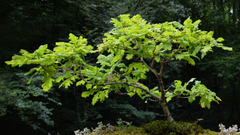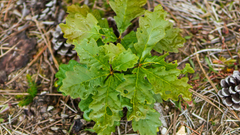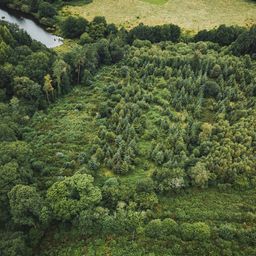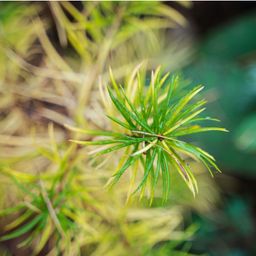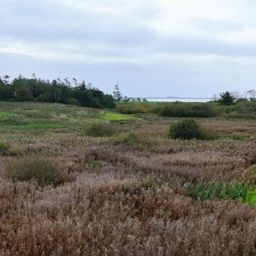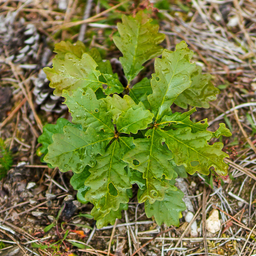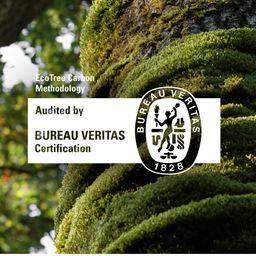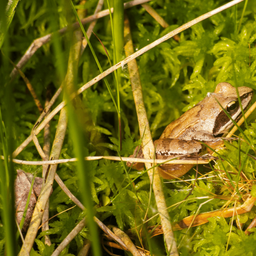May 11, 2021
What’s the buzz about bees?
At EcoTree, we are simply in love with bees and so is our beekeeper, Gilles. This is a story about his and our work with the wonderful, black-yellow creatures.

A clever man once said “If the bee disappeared off the surface of the globe, then man would have only four years of life left. No more bees, no more pollination, no more plants, no more animals, no more man.”
Sounds dramatic, right? Well… it is dramatic. 80% of our food depends on pollinators. Yet each year, 30% of bee colonies disappear and in France, 70% of honey hedges have gone in the last 150 years.
At EcoTree, we’re taking action. Our beekeeping programme is one of our biodiversity projects and has seen us install and maintain more than 180 beehives across France: 60 in Foauet, 10 in Chatelain, 10 in Pezarches, 25 in Berné, 25 in Plouray, and 50 in Langonnet.
We’re proud to say that we don’t just have foresters at EcoTree, we also have a team of brilliant, expert beekeepers. But what is a beekeeper really?
Essentially, a beekeeper is a farmer. They raise and house bees to make sure they are both happy and healthy and if they're lucky, they can make a living of the honey, the bees produce.
Bees are the world’s leading pollinator, but what do they forage for?
In spring, they have all the flowers: hawthorns, prunus, broom, gorse, before brambles and chestnut trees. Since there are many saplings in this forest, there is room for these flowers to bloom, and it is good for the bees.
Next spring, there may be fields of rapeseed. We have a beautiful valley all around – cultivated land but also pastures. One of the neighbouring farmers has cows, which graze on white clover – he also planted alfalfa which is blooming right now. It’s very good for the bees when it’s hot!
What is the hardest time for bees to go through?
Winter is tough, so every month, we weigh the hives to make sure they have enough food to survive. Throughout those cold months, the bees draw on their reserves. They do not hibernate and they warm the hive by eating honey, which allows them to vibrate the muscles in their wings and generate heat. It helps them maintain a constant temperature between 20–25°C
Are you able to see how bees enrich the biodiversity of the forest?
Of course. If they weren't there, the chestnut trees wouldn't bear fruit. Same for the acacias. Bees are not the only pollinating insects, but there are so many that when you set up beehives, they have a very strong impact.
Bees also need water – where do they find it in the Faouët forest?
There is a small stream that flows at the bottom of the forests, and we know that the bees find it. Bees manage – they don't need humans to live. They are able to travel three kilometers to find this water. When the trees that are currently small have grown, the bees may have less food there, but they will look somewhere else. That's not a problem at all for them.
Support our beekeeping programme
Our beekeeping work is just one of our fantastic biodiversity projects. We’re making great progress, but bees are still in danger. You can help us make a difference by becoming a sponsor. With your support, we can create even more colonies with rich, biodiverse ecosystems that allow bees to thrive.


